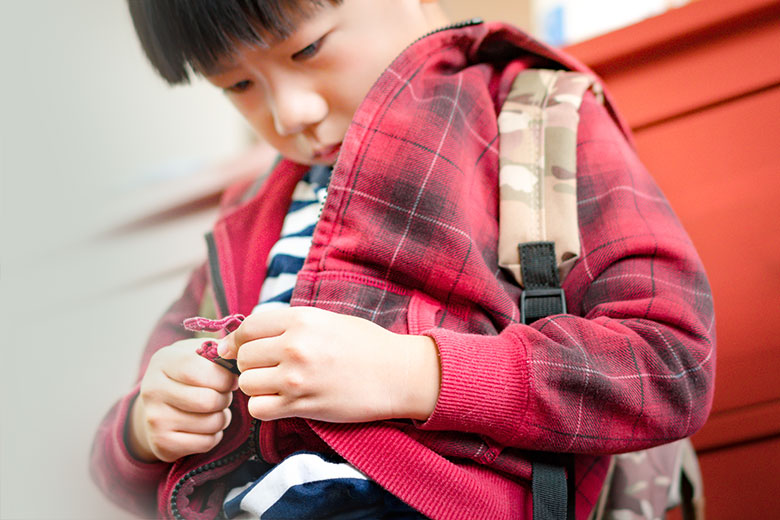School readiness is a term that is often used by educationalists and parents to describe a child’s move into ‘big school’. It is centred on ensuring that they have the opportunities to develop the appropriate skills needed to support them in their learning.
According to research undertaken by YouGov 2021, 50% of children within the UK had not reached their developmental milestones before entering school. This can affect the child’s motivation to learn, dictating that they may struggle in the classroom, require additional support, and find it difficult to keep up. It may also mean that the child becomes disheartened and develops a negative attitude to school life and education.
Although school readiness is associated with academics, such as children knowing their colours, and being able to write their names or count to a specified number, in reality, it refers to a much broader range of skills. And if children have these skills it makes the transition into school less anxious for both themselves and their parents, supporting everyone once the youngsters are in the more formal school environment. The emphasis, then, should not be on children knowing their ABCs, but should focus on ensuring they have some of the following skills:
- Children should be able to go to the toilet themselves
They should be able to get undressed and dressed for PE (Velcro shoes are a lot easier for young children than lace-up or buckle shoes) - Be able to open their lunch box and put it away – you may want to practice this before school starts and find a suitable lunch box
- Be able to eat independently
- Be able to socialise, play with others and ask questions
- Children should know how to manage their behaviour, understand the concept of boundaries and rules, have manners and respect other people
Preparing for school does not start within the few months before the child enters the classroom for the first time; it is a process that is developed gradually and is often misunderstood. Children cultivate language, literacy, physical development, and social and communication skills over time, while also learning how to manage their emotions and understand what is expected of them in terms of behaviour. They also learn about other children, adults and different cultures, so it is important that parents or carers give their children experiences that provide opportunities for them to develop a range of skills that will help them prepare for school.
Preparing for school does not start within the few months before the child enters the classroom
Parents can sometimes, perhaps through lack of understanding, expect teachers to instruct their children on basic needs such as going to the toilet independently. However, such skills cannot start to be learnt on the first day of school or in the few weeks before. Instead, it is a steady progression, with parents or carers working with their child to advance through the expected milestones of child development, which will support the preschooler in all the areas needed to be a confident, independent little learner.






